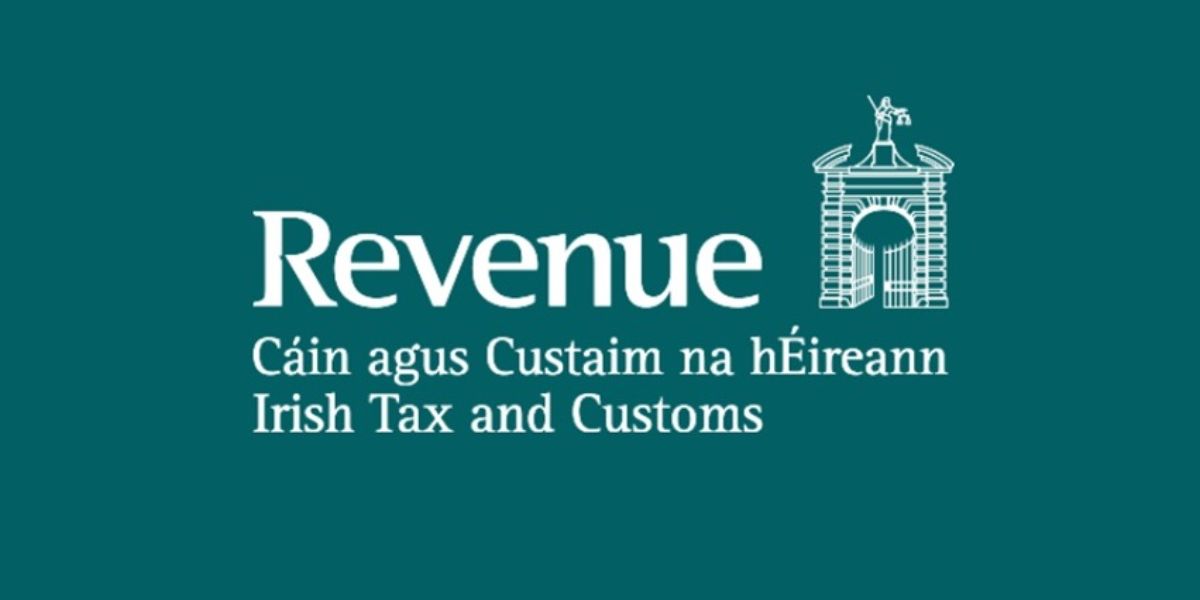On July 22, 2014, Ireland and Denmark signed a Protocol to amend their Double Tax Agreement.
Related Posts

Ireland outlines long-term approach to R&D tax incentives
Ireland’s Department of Finance has released the Research and Development Tax Credit and Innovation Compass on 16 February 2026, setting out the work completed in 2025 to review the R&D tax credit regime and related innovation supports. The
Read More
Ireland: Revenue extends 2025 Form 11, CAT ROS filing deadline
Ireland’s tax authority (Revenue) issued eBrief No. 034/26 on 16 February 2026, extending the filing and payment deadlines for certain self-assessment Income Tax and Capital Acquisitions Tax (CAT) obligations for 2025. For self-assessment
Read More
Ireland: Large corporations to be considered for Phase One rollout of e-invoicing
Ireland’s Revenue confirmed on 10 February 2026 that the "large corporates" will be considered within scope for Phase One of VAT Modernisation programme. This announcement follows Revenue’s publication of VAT Modernisation: Implementation of
Read More
Ireland: Irish Revenue updates RCT guidance in eBrief No. 032/26
Irish Revenue has released eBrief No. 032/26 on 4 February 2026, announcing updates to its Tax and Duty Manuals (TDMs) relating to Relevant Contracts Tax (RCT). RCT is a withholding tax that applies to specific payments made by principal contractors
Read More
Ireland: Irish Revenue updates guidance on main purpose tests
Irish Revenue has updated its guidance on main purpose tests, issuing eBrief No. 023/26 on 28 January 2026 to clarify the application of objective tests and introduce new guidance on a ‘reasonable to consider’ test. The revisions, effective
Read More
Ireland: Revenue updates guidance on accelerated capital allowances under Finance Act 2025
Irish Revenue has released eBriefs 022/26 on 28 January 2026 and eBrie 028/26 on 3 February 2026 providing updated guidance on accelerated capital allowances introduced under the Finance Act 2025. Accelerated capital allowances The following
Read More









